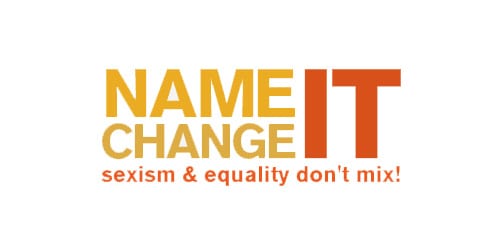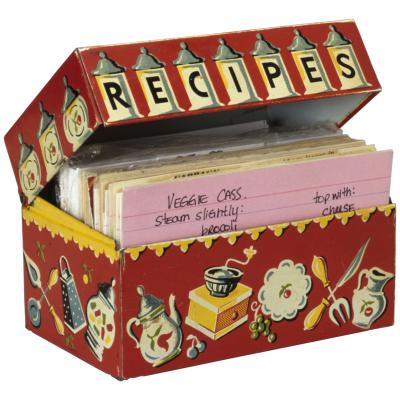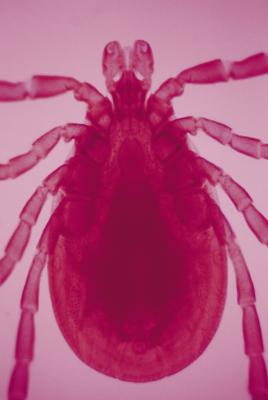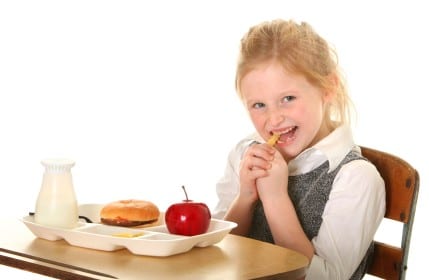Search Results for: modified based
Infant Formula Allergies
The best way to avoid infant formula allergies is to breastfeed your baby. The American Academy of Pediatrics, the World Health Organization, the American Medical Association and the American Dietetic Association all agree that breast milk is the best food for your baby. If you cannot or choose not to breastfeed, however, formula is better to use than cow’s milk because it contains the nutrients that most infants need. A baby is more likely to be allergic to formula than to breast milk. Know what to look for and what to do if your baby is allergic.
Name It, Change It – Cultural Sexism Hurts Us And Our Kids
Its only been a mere handful of weeks since the U.S. Womens World Cup team ignited jubilant passion among a large population of girls who looked up to the players as role models.
Cooking for Kids with Food Allergies
Food allergies present the risk of potentially serious reactions based on your child’s specific allergies. Processed or prepared foods make it more difficult to control exactly what your child eats. Birthday parties and other social settings leave your child exposed to even more risks of encountering ingredients that cause allergic reactions. Learning to cook for your child with food allergies increases the safety of her diet.
Lyme Disease in Young Children
Most parents want to see their children turn off the TV and play outside, but they may not be aware of the danger lurking in the grass and the woods. Lyme disease in young children often occurs because children are playing outside. According to MayoClinic.com, this disease is the most common tick-related one in the United States.
Join in the Fight to Make School Lunches Healthier!
Corn dogs, canned fruit and a bag of chipsthat was a typical hot lunch offering at the posh private school my daughter attended in Marin County, California six years ago. It took me, and five other Marin moms, more than a year to initiate organic lunch programs in our local private schools. We had to work hard to convince parents and administrators that it was worth an extra $1 a day to serve organic food to our kids. There are still many schools in my county where kids are given unhealthy (highly processed, microwaved and packaged) foods and drinks (soda and high fructose corn syrup sweetened juices) on campuses and in cafeterias. Instead of real and nutritious food, they are eating food that doesnt help their brains or bodies develop optimally.





